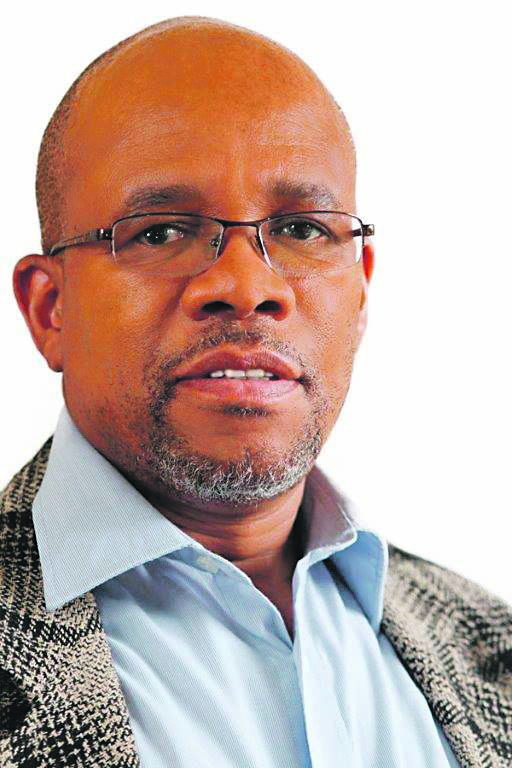
Basic Education Minister Angie Motshekga’s announcement that Grade 9 will be a certificated stream to allow pupils to further their studies through vocational and technical institutions has elicited nuanced responses.
Some think it will improve the quality of education and afford pupils “better decision-making for and access to further learning after Grade 9”. It could overcome the “overcrowding” in schools with “fewer pupils in grades 10, 11 and 12” and of course “improve the matric pass rate – smaller classes should mean a lower teacher-to-pupil ratio, which should translate into better marks”.
There is a paucity of evidential details that demonstrate how sectoral reconfiguration has improved the educational system’s efficacy and effectiveness worldwide.
Read: How to prevent high school dropouts
It takes more than just sectoral interventions to change and improve the quality of an educational system.
For 25 years South Africa has grappled with the majority of these systemic and structural changes without much success, for instance, recurring curriculum experiments – the OBE, C2005, and National Curriculum Statement – have not adequately lived up to the hype. Schools don’t turn bad and underperform overnight. It’s a seismic process largely caused by a cocktail of operational challenges, such as (a) lapses in school leadership and governance; (b) poor infrastructural capabilities; (c) teacher qualifications, experience and classroom efficacy; (d) contradictory policy directives and curriculum praxis; (e) learner quality, performance and monitoring; and (f) school culture and educational ethos.
Ineffectual coordination and management of remedial interventions lead to dysfunctional schools and poor pupil performance and achievement across grades.
There is a paucity of details on how the intractable systemic polemics are integrated into the sectoral reconfiguration of the Grade 9 stream. It is suffice to say that we are living up to that Aristotelian notion of “mere survival” instead of deploying cumulative data at our disposal to contemplate and implement robust approaches/interventions to improve systemic quality, performance and achievements.
Although the proposed Grade 9 policy shift is commendable and commonly used worldwide, it can be compromised by assumptive rationality, which assumes that the mere presence of policies does not automatically bring desired outcomes.
The notion that the certification of Grade 9 shall yield an artisan boon is highly contestable. It requires a more sophisticated approach to stream technical and vocational education and training (TVET) colleges into institutions that understand the dynamics of global markets and thus produce a quality skills set and competences comparable with international leaders in the sector.
The sophistry of technology, for instance, in the motor industry requires a solid grounding of pupils in the digital epistemologies of the sector. Regrettably, the reputational and brand currency (curriculum mix, infrastructure, completion, employability) of TVET colleges is dismal and will take more than just sectoral tweaking of the system to elevate their efficacy and effectiveness to globally accepted norms.
Policy shifts find expression in Ken Smith’s metaphor about the “London Tube”. It is considered reliable and efficient because it offers “multiple entries and exits; alternative ways of getting to places; multiple entry tickets and so on”, pretty much similar to the proposed streaming of Grade 9 – it will connect pupils to diverse TVET institutions. One key dimension to the London Tube is that emboldened warning on the platform – mind the gap. It refers to the space between platform and train “where nobody wishes to be lest they get mutilated by the train as it pulls off the platform”. Success of the proposed Grade 9 shift depends on interrogating systemic gaps and creating synergies, coordinating policy directives, implementation and follow-through strategies.
Efficacious systems, such those by Singapore, South Korea, Finland and Germany, remain competitive because they invest intelligently into interventions that holistically enhance their education system, including “attracting, developing and retaining effective” minds to lead such entities. Educational systems are complex entities that require more than just sectoral interventions to enhance “capacity to grow and build ever more connections in more varied environments”.
Policy enablement processes require systematic synergising of the system in entirety as an accountability requisite and thus fulfilling William Ayers’ notion of being “models of thoughtfulness and care; exemplars of problem-solving and decision-making”, giving much-needed policy articulation on the expected systemic requisites as a consequence of reconfiguring Grade 9.
Lebusa Monyooe is a concerned citizen




 Publications
Publications
 Partners
Partners








